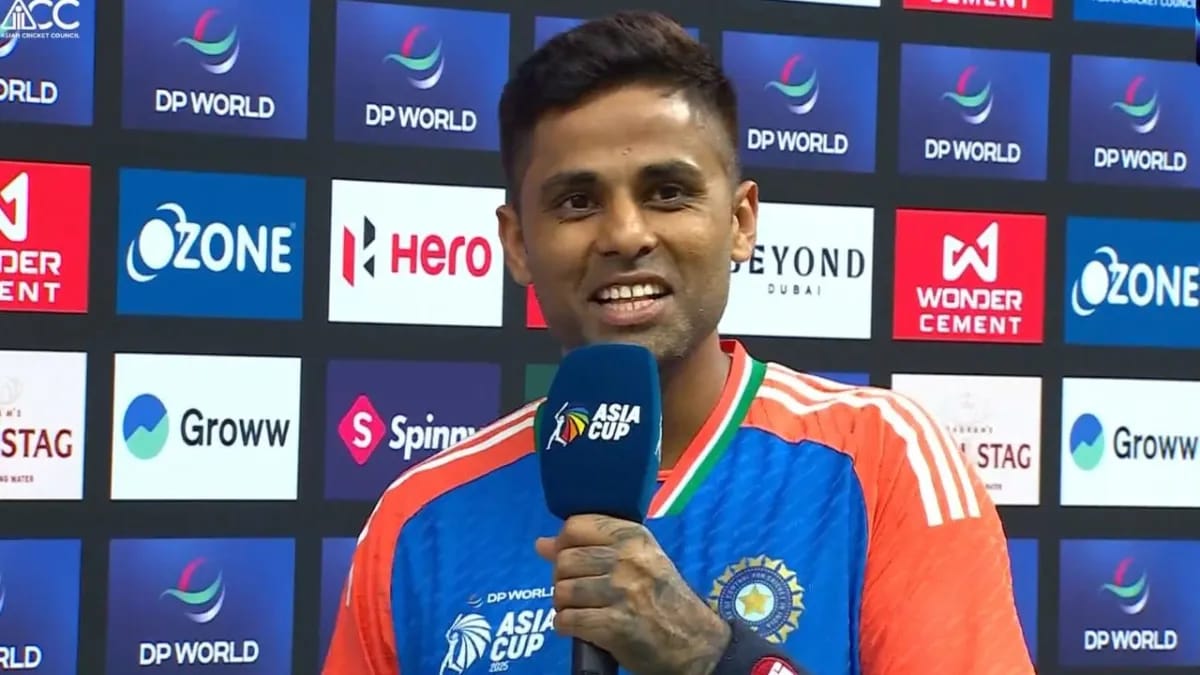PCB may complain to ICC over Suryakumar Yadav’s Pahalgam tribute: what it means before the next India–Pakistan clash

PCB weighs complaint against Suryakumar Yadav over Pahalgam tribute: what’s brewing and what comes next
The India–Pakistan match is over, but the noise hasn’t faded. After India’s seven‑wicket win on September 14, captain Suryakumar Yadav dedicated the victory to “our armed forces” linked to Operation Sindoor and stood with families of the Pahalgam terror attack victims. Reports now say the Pakistan Cricket Board (PCB) is preparing to complain to the ICC, arguing the remarks were political in nature. Here’s the issue in simple terms: what Surya said, why PCB is upset, what the ICC could do, and how this might affect the next India–Pakistan clash.
What Suryakumar said and why it matters
After the match, Suryakumar praised the armed forces and expressed solidarity with families affected by the Pahalgam attack. In India, many fans saw this as a tribute and a moment of empathy. In Pakistan, officials saw it differently. They believe such references in a post‑match platform cross into politics. That difference in reading—the same words, viewed through two lenses—is the heart of the new argument.
Why PCB is considering a complaint
The PCB’s view is that a post‑match presentation is a cricket space. They argue that political references, even if respectful, don’t belong there. They are exploring a formal complaint, saying this goes against the spirit of the game. They are also linking it to the recent “handshake” row, seeing a pattern they feel undermines sportsmanship. In short, they want the ICC to look at intent, timing, and the message’s place in cricket.
What the ICC could look at
The ICC generally acts when there’s a clear code breach. It weighs context: was the statement inflammatory, discriminatory, or inciting? Or was it an expression of solidarity after a national tragedy? This is the grey zone. If the ICC sees the remarks as a tribute without targeted provocation, action is unlikely. If it views them as political messaging inside a cricket ceremony, it may issue guidance or a reminder on presentation‑stage protocols. Most often in such cases, the ICC leans toward keeping on‑field and presentation moments apolitical going forward, rather than retroactive punishment.
The wider backdrop: sportsmanship under a microscope
This potential complaint arrives just after the no‑handshake controversy. Emotions are already high. Small gestures now draw big attention. When tensions are already up, any nod to national issues can be read as a statement, whether intended or not. That’s why this is sensitive: cricket moments are being weighed like diplomatic messages.
What happens next
PCB may file a formal complaint within the expected window.
ICC will decide if it’s a code matter or a protocol reminder.
India are focusing on cricket, with Suryakumar keeping public comments tight around the next game.
Expect heavier scrutiny on toss, post‑match words, and ceremony optics in the next India–Pakistan meeting.
What fans should watch for in the rematch
The words: Captains will likely stick closely to cricket.
The gestures: Handshakes, team interactions, and presentation etiquette will be observed closely.
The tone: Broadcasters and presenters may frame questions to avoid political angles, keeping the focus on the game.
Bottom line
Suryakumar’s tribute struck a chord at home and a nerve across the border. The PCB is considering taking it to the ICC. The most probable outcome is a reminder to keep match‑day ceremonies focused on cricket, with both boards urged to dial down the noise. On the field, the stakes remain the same: bat, ball, pressure, and a rivalry that needs no extra fuel.